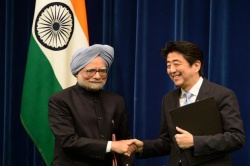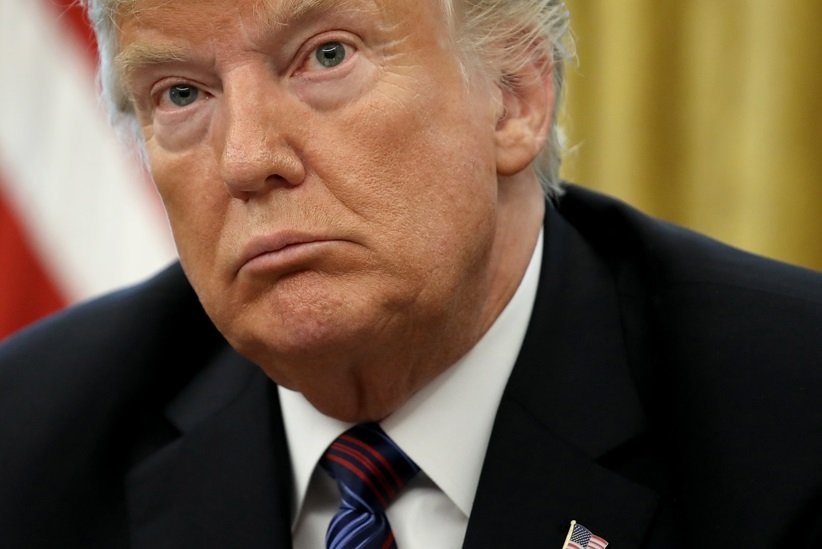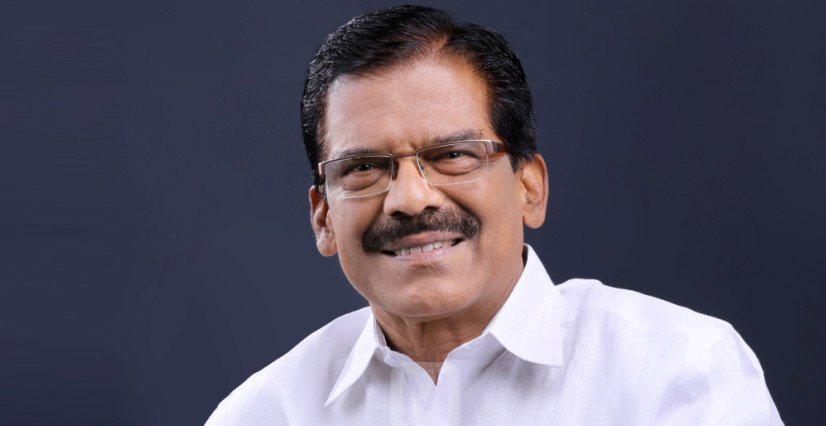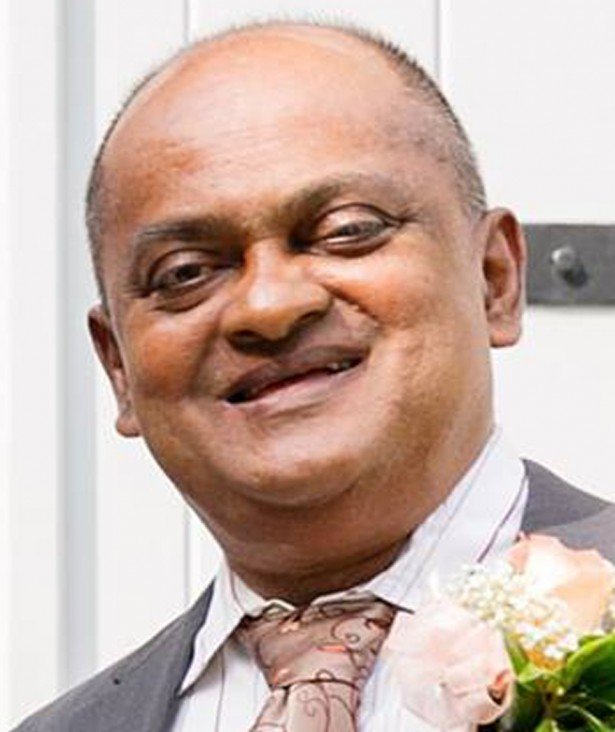Shinzo Abe became the first Japanese Prime Minister to be the chief guest at India's Republic Day celebrations and marvel at India's military might showcased at the event.
A regular consultation between the national security secretariat of Japan and India's national security advisor was the big announcement of the two-day visit. "A strong India and a strong Japan can come together and I think we can do wonders," Mr Abe said.
Though no major defence deals were clinched, the two countries decided that Defence Minister AK Antony will visit Japan this year. The two nations also decided to conduct a joint military exercise in the Pacific Ocean.
Prime Minister Manmohan Singh emphasised on the importance of cooperation in the seas. "Our bilateral maritime exercises have now been established on an annual basis," he said.
In a seminar organised by trade body FICCI, Indian companies lined up for Japenese investments and technology. Since 2013, the engagement between the two countries has increased manifold.
But is it just about economy or there is also a larger message to the other Asian giant, China? Mr Abe's trip comes in between Japan and China locking themselves in a bitter row over islands in the East China Sea.
Though both India and Japan maintain that their relationship is independent of their relations with China, strategic experts don't find it to be entirely true.
The Ministry of External Affairs said India hopes to gain from Japanese technology, capital and management methods and that Japan could help in the India story by creating modern infrastructure. The Japanese PM assured that his country is interested in working with India in the areas of technology and human resources.







Comments